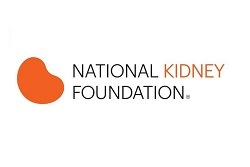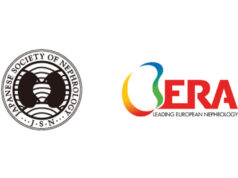 Those living with kidney disease need better, more relevant patient education to best participate in the decision-making about their treatment, a new study published in the National Kidney Foundation (NKF)’s American Journal of Kidney Diseases (AJKD) shows.
Those living with kidney disease need better, more relevant patient education to best participate in the decision-making about their treatment, a new study published in the National Kidney Foundation (NKF)’s American Journal of Kidney Diseases (AJKD) shows.
In a report entitled “Patient Education for Kidney Failure Treatment: A Mixed-methods Study”, investigators, some of whom are NKF staff, reviewed current patient education classes in four major US cities, interviewed session leaders and reviewed presentations, and found that critical information patients need to make treatment decisions was missing in some of the sessions.
“Our findings show that it is time to standardise the content and accessibility of kidney disease education programs to ensure high quality, patient-centred care for persons with kidney disease and their loved ones,” said lead investigator Keren Ladin, associate professor, Departments of Occupational Therapy and Community Health, Tufts University, and director of Research on Ethics, Aging, and Community Health (REACH Lab), Tufts University (Somerville, USA).
“This study highlights the need for a more individualised, patient-centred approach to education around kidney failure itself, as well as kidney failure treatment options,” said NKF chief scientific officer Kerry Willis. “We clearly have more work to do to better equip and empower patients to become active members of their healthcare team. Interactive decision aids and web-based, modular education programs need to be developed and tested with ongoing patient feedback and outcomes measurement.”
Investigators reviewed educational sessions in Boston, Chicago, San Diego and Portland, and were “surprised” to learn that educators emphasised dialysis, often in-centre haemodialysis, with little mention of conservative management that could help prevent or delay the start of dialysis. In addition, they found that patients were referred to the educational sessions so late into their diagnoses that they were unprepared to share in the treatment decisions, according to an NKF press release.
“Sessions were often too broad to address specific decision-making needs, and many patients were overwhelmed by dense material and surprised by learning in the group setting about the severity of kidney failure,” Ladin said.
The study also showed that while nephrologists often relied on these types of sessions to educate their patients, few of the specialists were involved in creating the curriculum or monitored its content. Often there were gaps in content that included information about prognosis, mental health, advance care planning costs, and diet, the study revealed.
The investigators believe the results highlight “major gaps” in education and need for improvements in how the kidney health community communicates with patients of varied literacy levels, supports shared decision-making, and follows best practices in health literacy and communication.
To read more about the authors and the research, view the full text article here.











